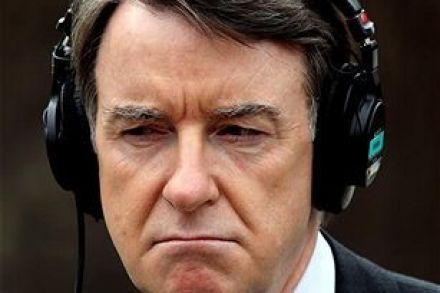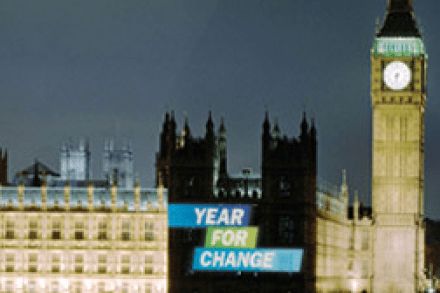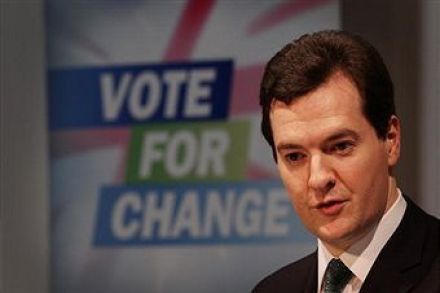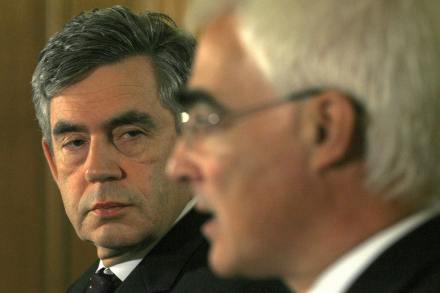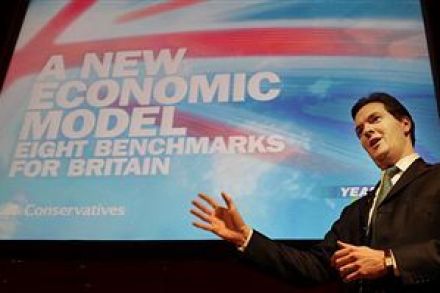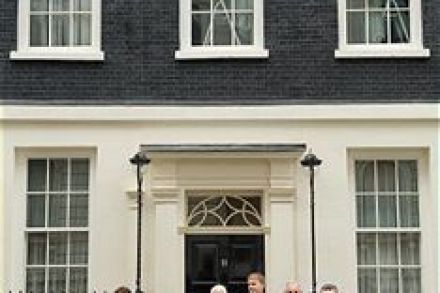Quote for the Day*
Courtesy of Stephanie Flanders, the BBC’s Economics Editor: Welcome to the election. If we’re to believe Alistair Darling, the Conservatives’ ‘credibility gap’ on tax and spending has shrunk by 34% since January, or about £11bn. If they carry on like this, they might be thoroughly credible by election day. Naturally, that is not how the chancellor put it in his press conference this morning, as he released more than 180 pages detailing the Conservative Party’s (new and improved) “Credibility Deficit”. Back in January, Labour said there was a £33.8bn hole in the Conservatives’ plans. Now it’s fallen to £22.2bn – suggesting a 34% rise in credibiliy. But, to coin a




